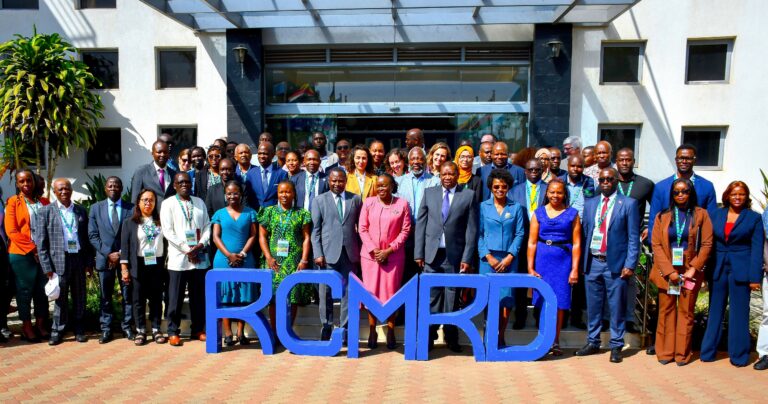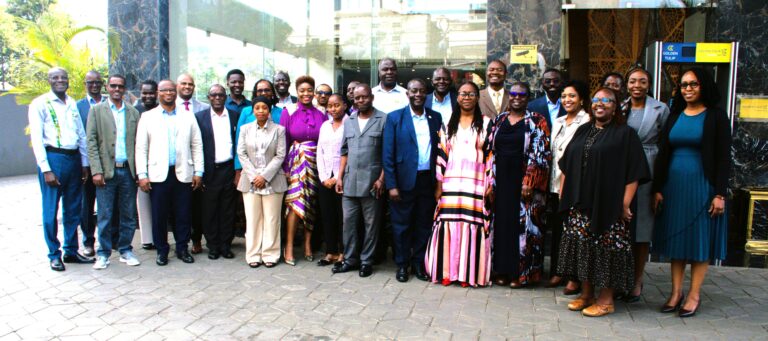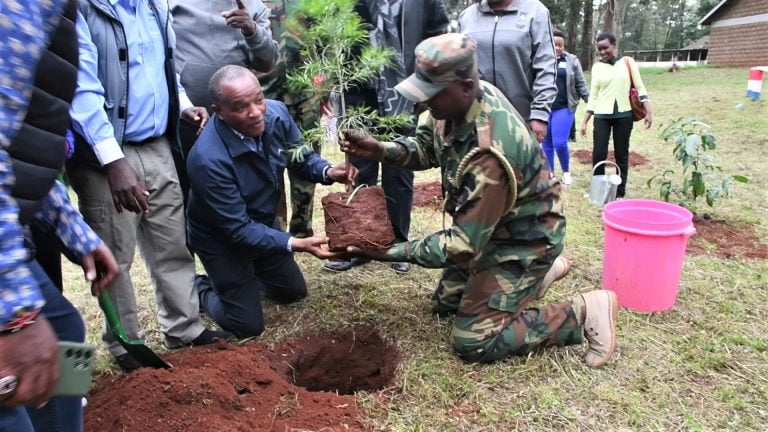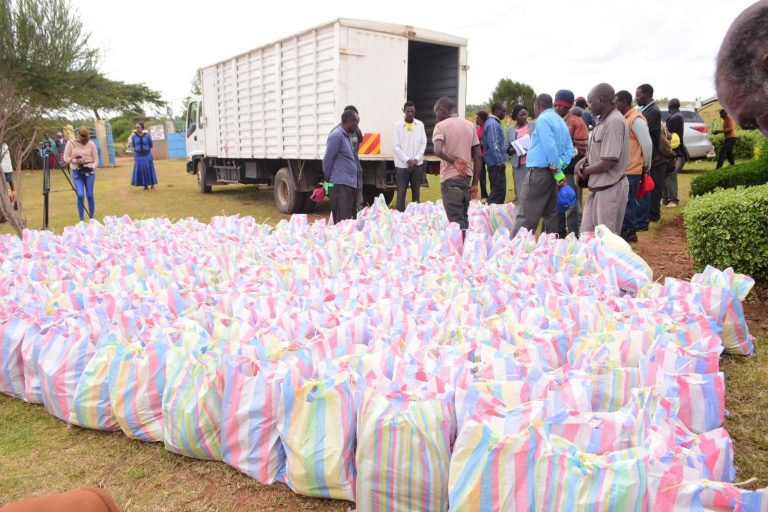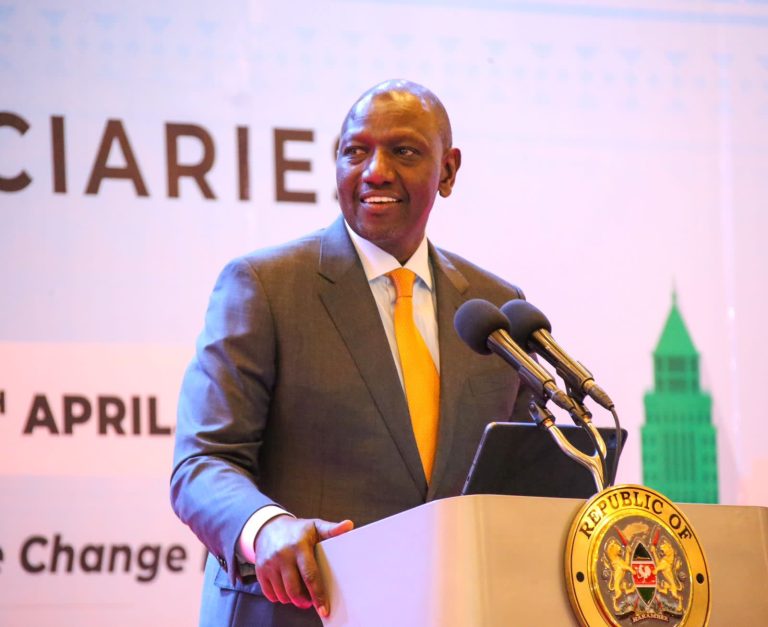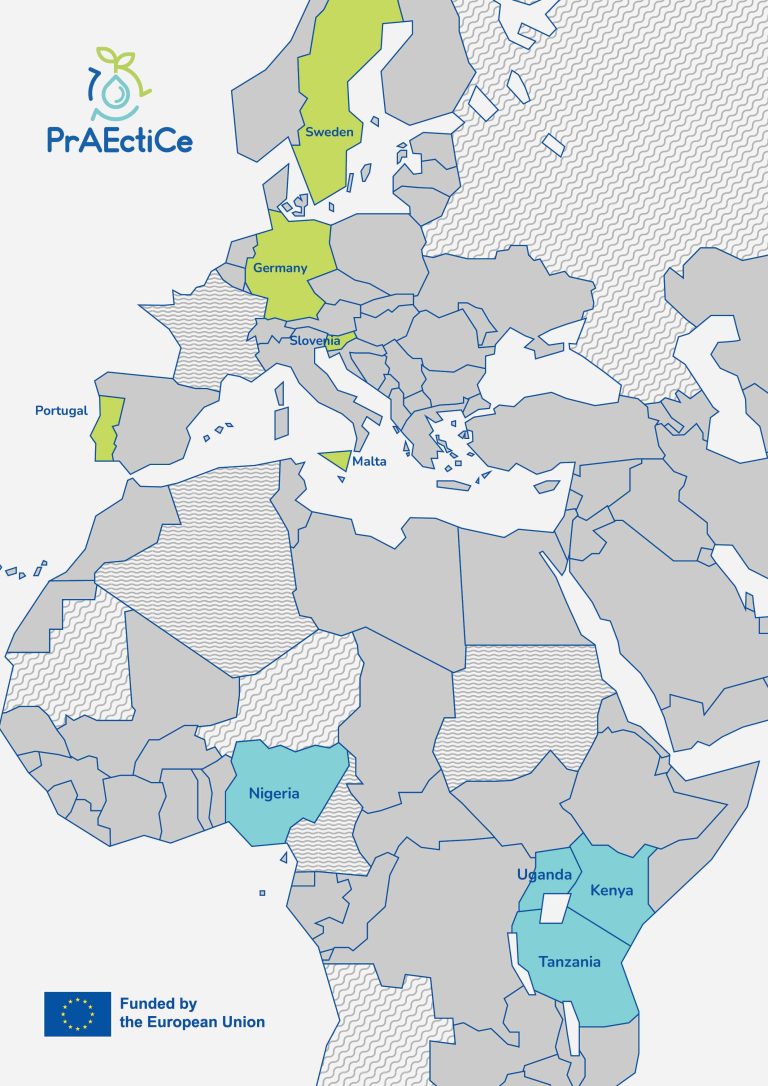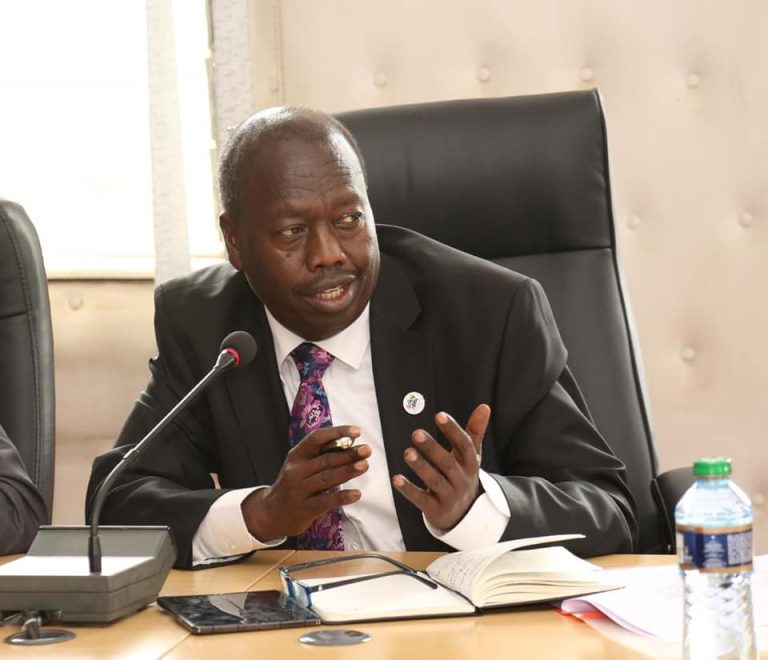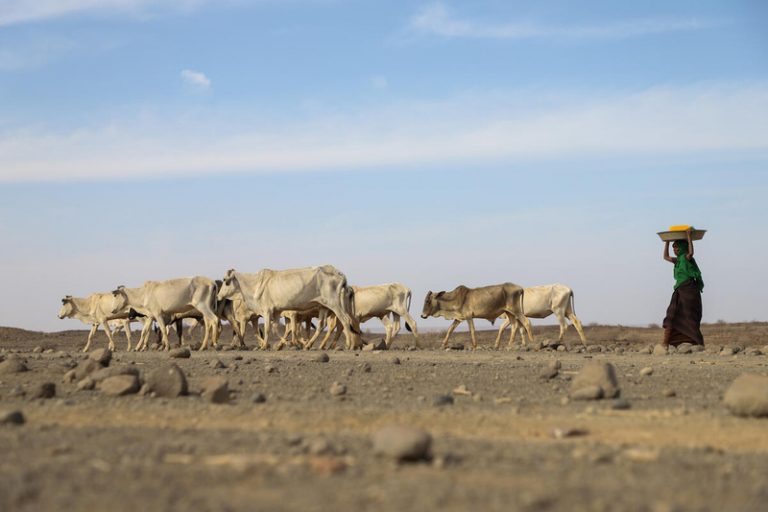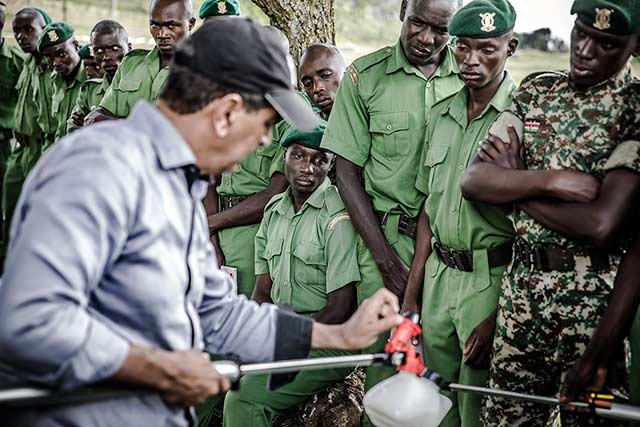Oceans are an essential part of our planet. They provide us with food to eat and keep our atmosphere healthy. Without the oceans, we simply wouldn’t exist.
But climate change means that ocean temperatures are increasing, icebergs are melting, and sea levels are rising. We need action to reverse these trends, and raising awareness is the first step. To do so, FAO hosted an online discussion titled Talking Oceans and Climate Change presented by France24’s Environment Editor, Mairead Dundas. A panel of oceans experts and enthusiasts convened to exchange views and discuss what we can do to help our oceans in the fight against climate change.
So, what’s happening to our oceans right now?
The latest research shows that, as a direct result of global warming, the oceans have now hit their highest recorded temperatures. Coasts are flooding more regularly, and species are struggling to adapt to warmer temperatures. In fact, with every degree that the oceans’ temperatures rise, we lose five percent of biomass in the oceans.
This is having an impact not only on biodiversity and ecosystems, but on millions of people whose livelihoods depend on oceans. According to Manuel Barange, Director of FAO’s Fisheries Division, we need to pay particular attention to the relationship between humans and nature: we are not separate, but intrinsically linked.
“Let’s not forget that 10 percent of the [world’s] population depends on oceans and fisheries for livelihoods. Many of these are in the poorest sectors of society, operating small businesses or relying on the ocean for their survival,” he says.
Panel member, Flower Ezekiel Mbaye, is particularly familiar with this issue. As a seaweed farming and aquaculture innovation expert working in Tanzania, she has seen first-hand the effects that climate change has had on fish and fishers. Many of the local women in Zanzibar earn their money through seaweed farming, but Flower explains that the warming of the ocean in this region is affecting their crops. Certain high-value seaweed types are suffering, forcing coastal dwellers to change what they grow and where they grow it.
How has the COVID-19 pandemic affected the situation?
Inevitably, the discussion soon turned to the effects of COVID-19. In recent months, our oceans and the communities that depend on them have been impacted adversely by the pandemic.
Fiona Harvey, award-winning journalist at The Guardian newspaper, says COVID-19 plunged many fishers into difficulty. With restaurants and hotels closed and many transport links shut down, a lot of fishers lost a large portion of their market for their products.
“COVID-19 has had a complex impact on the sea, bringing different pressures to the industry,” she says.
Marc Murphy, celebrated chef and TV personality based in New York, agrees. During lockdown, his attention was drawn to the situation of oyster farmers: most of their oysters used to be sold to hotels and restaurants, but with these industries closed, there was no longer a market for their product and therefore no income.
“People don’t really eat [oysters] at home,” Marc said, “so I was trying to do demos on my social media, showing how to shuck them or steam them, inspiring people to buy them directly from the oyster farms. We have to find creative ways to inspire people.” Cooking, he says, can be a way of connecting oceans and the public.
Are we as aware as we should be about these issues?
Céline Cousteau, environmental activist, documentary filmmaker and granddaughter of the celebrated explorer Jacques-Yves Cousteau, believes we are not aware enough of these issues. For her, drawing the public’s attention to the state of our oceans is vital if we are to make any progress.
She explains that one of the challenges is that though scientists and certain communities understand these issues, for the everyday citizen, oceans are “still just a…place to holiday, a source of seafood. The connection isn’t being made,” says Céline.
What can we do to help?
Innovative solutions do exist! Marc spoke of an app that improves the traceability of fish, allowing restaurants, chefs and consumers to access sustainable seafood. Fiona believes that many solutions lie in nature itself: for example, restoring mangroves in coastal areas creates a natural barrier to bad weather, as well as acting as nurseries for fish and boosting biodiversity.
Our panellists all agreed on this: everyone can make a difference by speaking up, raising awareness and drawing attention to the issues facing our oceans so that we can adjust our actions accordingly.
So where do we start? Businesses can adopt sustainable methods and use them as a way to open the conversation with their customers. Consumers can make a big difference by choosing to buy sustainably, creating a bigger market for eco-friendly products. Lastly, we need to make oceans a hot topic of conversation with our politicians and representatives, customers, family and friends. We all have a voice – it’s time to use it!



